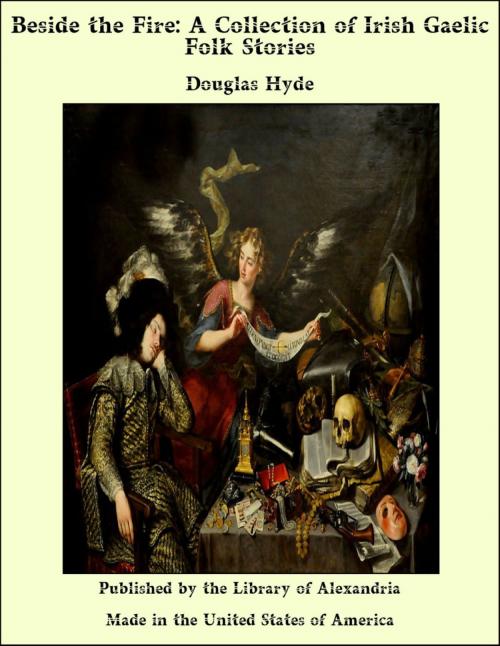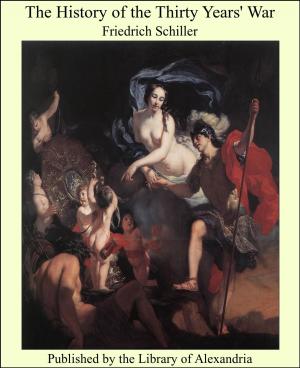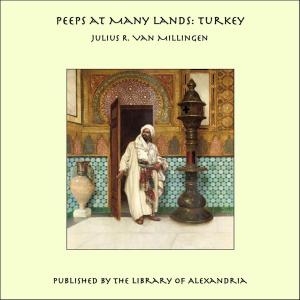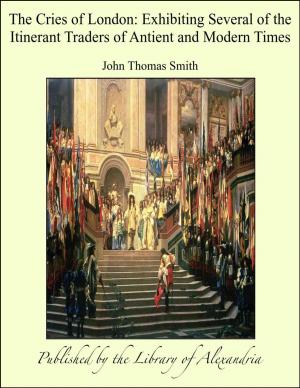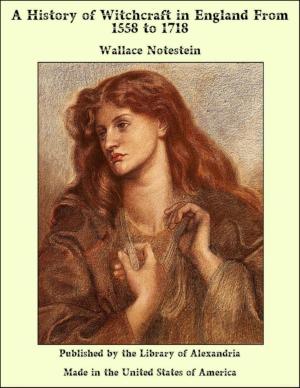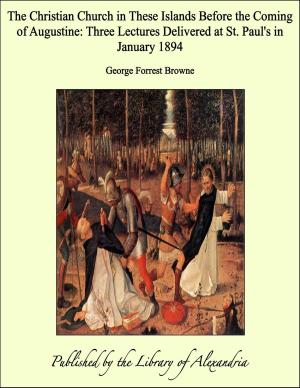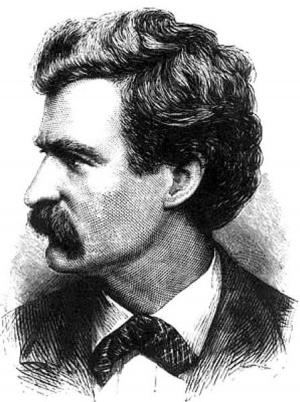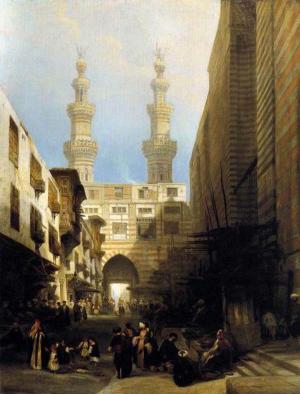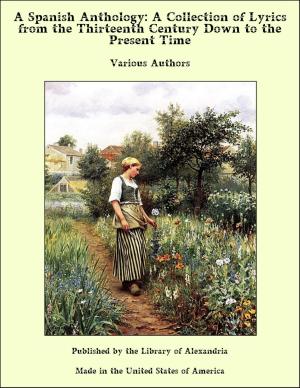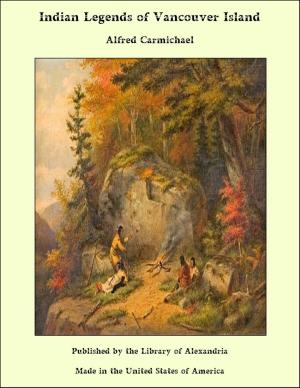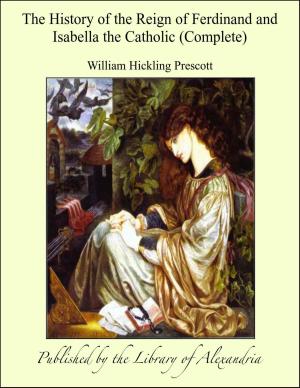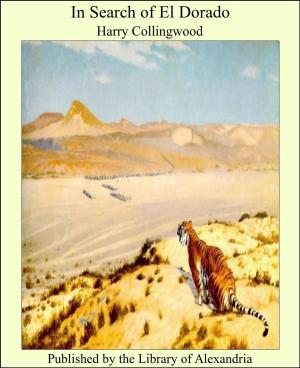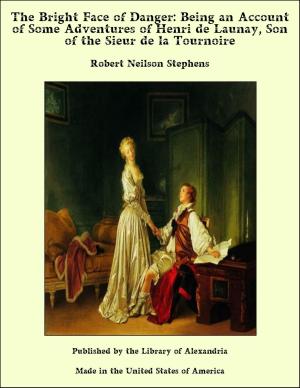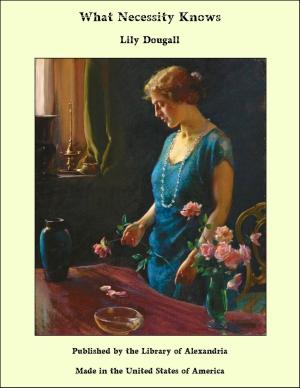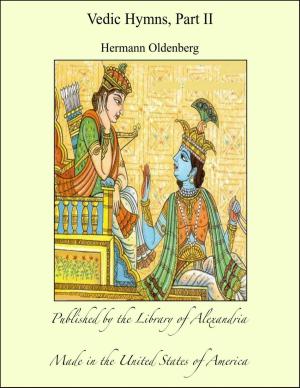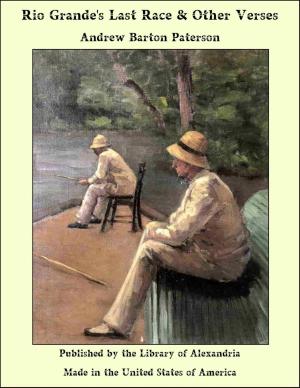Beside the Fire: A Collection of Irish Gaelic Folk Stories
Nonfiction, Religion & Spirituality, New Age, History, Fiction & Literature| Author: | Douglas Hyde | ISBN: | 9781465500748 |
| Publisher: | Library of Alexandria | Publication: | March 8, 2015 |
| Imprint: | Language: | English |
| Author: | Douglas Hyde |
| ISBN: | 9781465500748 |
| Publisher: | Library of Alexandria |
| Publication: | March 8, 2015 |
| Imprint: | |
| Language: | English |
IRISH and Scotch Gaelic folkstories are, as a living form of literature, by this time pretty nearly a thing of the past. They have been trampled in the common ruin under the feet of the Zeitgeist, happily not before a large harvest has been reaped in Scotland, but, unfortunately, before anything worth mentioning has been done in Ireland to gather in the crop which grew luxuriantly a few years ago. Until quite recently there existed in our midst millions of men and women who, when their day's work was over, sought and found mental recreation in a domain to which few indeed of us who read books are permitted to enter. Man, all the world over, when he is tired of the actualities of life, seeks to unbend his mind with the creations of fancy. We who can read betake ourselves to our favourite novelist, and as we peruse his fictions, we can almost see our author erasing this, heightening that, and laying on such-and-such a touch for effect. His book is the product of his individual brain, and some of us or of our contemporaries have been present at its genesis. But no one can tell us with certainty of the genesis of the folk-tale, no one has been consciously present at its inception, and no one has marked its growth. It is in many ways a mystery, part of the flotsam and jetsam of the ages, still beating feebly against the shore of the nineteenth century, swallowed up at last in England by the waves of materialism and civilization combined; but still surviving unengulfed on the western coasts of Ireland, where I gathered together some bundles of it, of which the present volume is one.
IRISH and Scotch Gaelic folkstories are, as a living form of literature, by this time pretty nearly a thing of the past. They have been trampled in the common ruin under the feet of the Zeitgeist, happily not before a large harvest has been reaped in Scotland, but, unfortunately, before anything worth mentioning has been done in Ireland to gather in the crop which grew luxuriantly a few years ago. Until quite recently there existed in our midst millions of men and women who, when their day's work was over, sought and found mental recreation in a domain to which few indeed of us who read books are permitted to enter. Man, all the world over, when he is tired of the actualities of life, seeks to unbend his mind with the creations of fancy. We who can read betake ourselves to our favourite novelist, and as we peruse his fictions, we can almost see our author erasing this, heightening that, and laying on such-and-such a touch for effect. His book is the product of his individual brain, and some of us or of our contemporaries have been present at its genesis. But no one can tell us with certainty of the genesis of the folk-tale, no one has been consciously present at its inception, and no one has marked its growth. It is in many ways a mystery, part of the flotsam and jetsam of the ages, still beating feebly against the shore of the nineteenth century, swallowed up at last in England by the waves of materialism and civilization combined; but still surviving unengulfed on the western coasts of Ireland, where I gathered together some bundles of it, of which the present volume is one.
